As marriages weaken and separation approaches, parents often face a tough decision: “Should we stay together for the kids?” This is a crucial question most divorcing couples face as they navigate the conflicts of the mental well-being of their child and their failing marriage. Beyond the immediate chaos, we are going to look into the psychological effects of divorce on children.
What happens when they transition into adulthood, carrying with them the echoes of their parents’ separation? And most importantly, how can we, as parents and caregivers, extend a compassionate hand to a child dealing with parents’ divorce?
In this article we will provide answers to these questions and will help you as a parent to navigate through the maze of divorce effectively for child and for your family.
Challenges in the First Year of Divorce
Research reveals that the initial year or two post-divorce is particularly challenging for kids. They often grapple with distress, anger, anxiety, and have long term psychological effects of divorce on children.
However, many children display remarkable resilience. They adapt to new routines and living arrangements, eventually finding comfort. Yet, some never fully return to “normal,” experiencing long-term issues after their parents’ divorce.
Related: 5 Steps to Recover From a Divorce
For this minority, the impact of divorce is not something they bounce back from easily. Instead, they grapple with these emotional tremors on a much more extended timeline, potentially experiencing lifelong consequences well into adulthood.
This revelation underscores the complexity of the long-term psychological effects of divorce on children, as well as the importance of understanding how to best support and assist those who may continue to bear the weight of their parents’ separation.
How Divorce Impacts Children
Divorce is a complex and emotional process, and the impact on your children is a top priority. As you strive to learn and grow as parents during this transitional period, it’s essential to recognize that you’re not alone in your quest to provide the best possible environment for your kids.
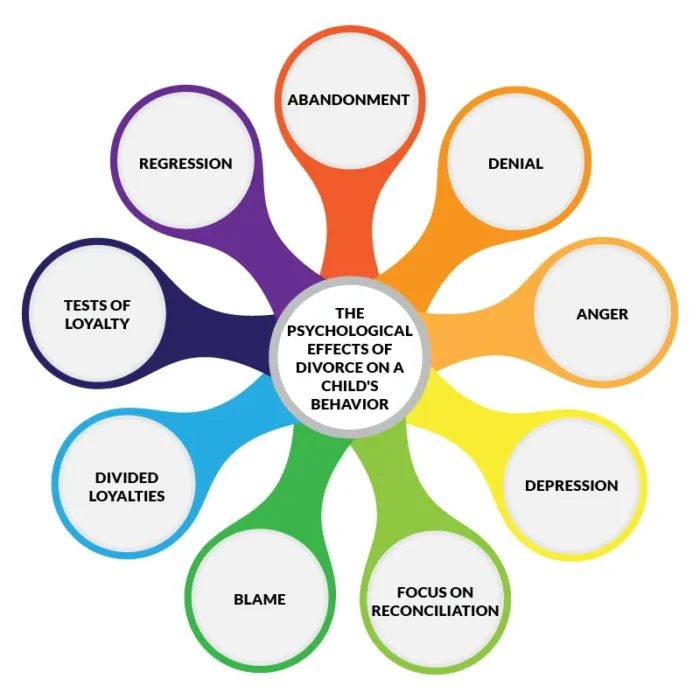
Here is how divorce may affect a child across various age groups –
Age Group (3 to 8)
Young children aged between 3 and 8, divorce can be a bewildering experience. Their understanding of why their family dynamics have shifted may be limited, leading to confusion. This especially true in the first year of the impact of divorce on family.
They might grapple with the notion of transitioning between two different homes, wondering if their parents’ love for them is at risk as they have stopped loving each other. This results in long term psychological effects of divorce on children.
Age Group (8 to 12)
Children between the ages of 8 and 12, may grapple with feelings of guilt and self-blame. They might erroneously assume that the breakdown of their family is a consequence of something they did wrong. Like their younger counterparts, comprehending the intricate dynamics and motivations behind divorce remains challenging.
Age Group (Teenagers and Adolescents)
Teenagers, on the other hand, possess a higher level of comprehension. They often understand the situation better but may struggle to express their emotions effectively. Adolescents may channel their feelings through anger or rebellious behavior. They may also be prone to assigning blame, directing it towards one or both parents for the impact of divorce on family.
As you read and reflect on these insights, keep in mind that every child is unique, and your understanding and love will be your greatest assets in guiding them through the complexities of divorce. Your commitment to learning and growing as a parent is a testament to your dedication, and it’s a journey that can ultimately lead to stronger, more resilient families.
Long-term Psychological Effects of Divorce on Children
Divorce can have both short-term and long-term impacts on children, and it’s important to note that these effects can vary depending on various factors, including the child’s age, temperament, the quality of the co-parenting relationship, and the level of support they receive.
When we think about the long-term impacts of divorce on children, it’s essential to consider behavioral, psychological, and academic issues that may arise. By gaining insight into these potential challenges, you equip yourselves with the knowledge and understanding needed to provide the best possible support for your children.
1. Behavioral Issues
The effects of divorce on children can be profound, and one area where this often becomes evident is in their behavior and dealing with parents divorce in adulthood.
It’s important to acknowledge that the emotional roller coaster children experience during and after divorce can manifest in various ways, including behavioral changes.
As parents, it’s not uncommon to want to compensate for the absence of the other parent by being more permissive with your children. However, this well-intentioned approach can sometimes result in a lack of boundaries and discipline.
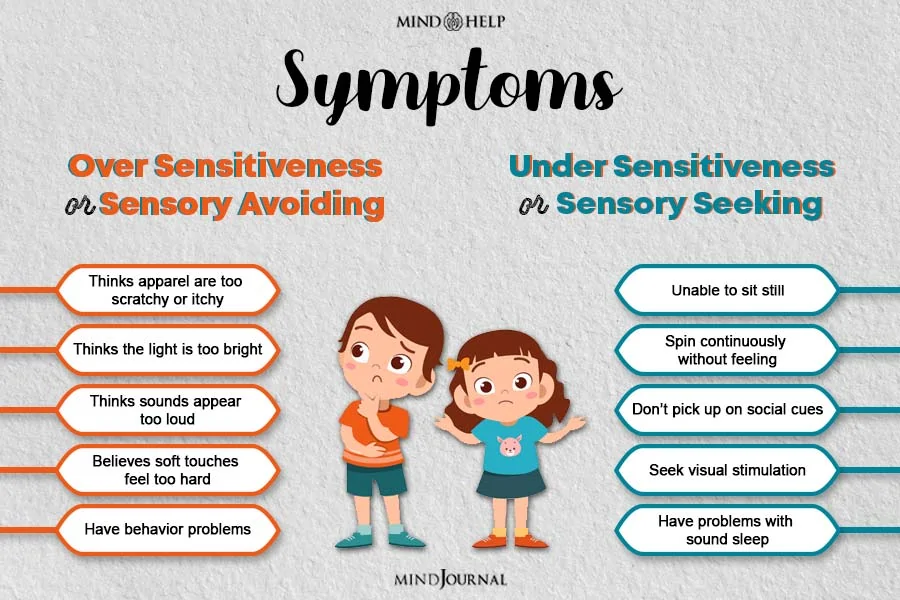
Additionally, the whirlwind of emotions that children feel during this time—rage, worry, sadness, confusion, and frustration—can significantly influence their behavior. It’s crucial to recognize that, especially at a young age.
Children may struggle to see things from others’ perspectives as their brain’s cognitive abilities are still developing. This can lead to erratic behavior as they primarily view situations through their own lens.
Children from divorced families may also externalize their feelings, often through conduct disorders, destructive actions, and impulsivity. These challenges may extend beyond the home, with children being more prone to conflicts in their broader environment.
2. Psychological Effects of Divorce on Children
The long-term psychological effects of divorce on children are indeed a complex and multifaceted issue that we must explore. Understanding the impact of divorce on family dynamics is essential, as it not only affects children during their formative years but also has long term psychological effects of divorce on children.
Research has shed light on the diverse consequences of divorce for children. While some may experience short-term effects, others grapple with enduring challenges when they lack the necessary emotional support and results in long term psychological effects of divorce on children.
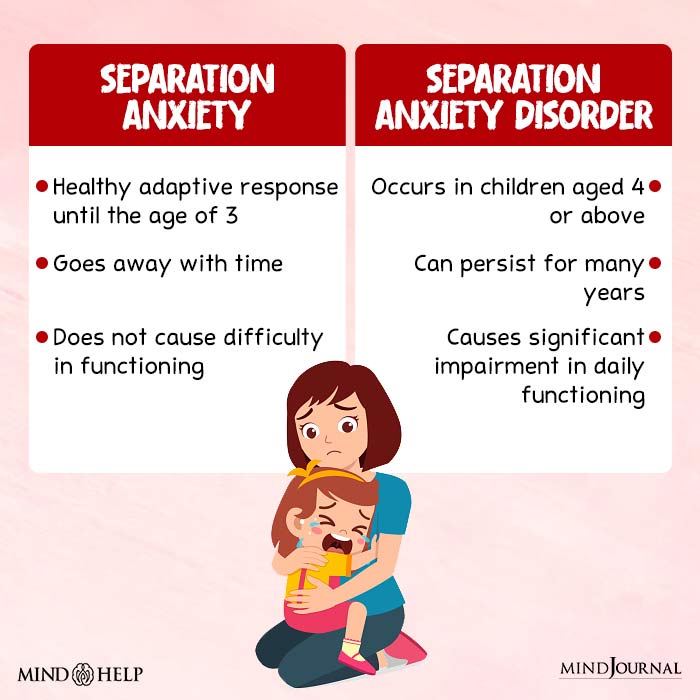
One critical finding from studies is the heightened vulnerability of mental health issues among young individuals following their parents’ separation. Children between the ages of 7 and 14, whose parents have undergone divorce, face a 16% increased risk of developing mental health problems, including anxiety and depression.
It’s worth noting that these challenges can sometimes lead to risky behaviors among young adults who have experienced their parents’ divorce. Coping mechanisms such as substance abuse and early sexual activity may arise, adding complexity to the emotional landscape. This also drags onto their adult life as a mechanism for dealing with parents divorce in adulthood.
3. Emotional Issues And Impact of Divorce on Family
In addition to these mental health concerns, children often grapple with a spectrum of emotional and psychological challenges. These encompass feelings of anxiety stemming from their uncertain living arrangements, depression arising from the emotional turmoil they’ve witnessed, and pressure to shoulder additional responsibilities at home.
Guilt often looms large as they wrestle with self-blame for the divorce. The sensation of loneliness due to reduced time spent with both parents often results in resentment. Anger directed towards their parents for the dissolution of the family unit can also be integral components of their emotional suffering.
Understanding how to help a child dealing with parents divorce is an ongoing journey, and it’s essential to provide the necessary support and guidance throughout their lives. By acknowledging these challenges and actively working to address them, we can better navigate the long-term psychological effects of divorce on children and foster their emotional growth and resilience into adulthood.
4. Academic Issues
Divorce can often lead to stress in children, which may affect their academic performance. You might notice difficulty concentrating on schoolwork or even rebellious behavior that results in poor grades.
Studies have indicated that children from divorced families tend to achieve lower grades on average than those from stable families. If you observe your child’s studies suffering due to the challenges of divorce, it’s crucial to provide the support they need to overcome these difficulties.
Read More: 5 Ways To Help Your Child Succeed In School
Research suggests that the impact of divorce on academic performance can vary depending on the expectations surrounding the divorce. Kids from divorced families may struggle more with school if the divorce was unexpected.
It also shows that children from families where divorce was anticipated might not experience the same negative outcomes. This highlights the importance of communication and preparation when divorce is on the horizon.
5. Health Issues
Unresolved conflict during and after divorce can pose long-term risks to children. Studies have shown that children who have experienced divorce in the previous 20 years are more likely to engage in criminal activities and exhibit destructive behavior that can harm their health.
Additionally, some children might turn to smoking or prescription drug use as a way to cope with the emotional turmoil. While impact of divorce on family can be difficult, it’s possible to mitigate its long-term effects on your children by providing them with love, stability, and support. Remember that you’re not alone on this journey, and there are resources available to help you and your children through this challenging time.
How to Help a Child Dealing with Parents Divorce?
Supporting a child through the process of parental divorce can be challenging, but it’s crucial to prioritize their well-being and provide them with the love and stability they need.
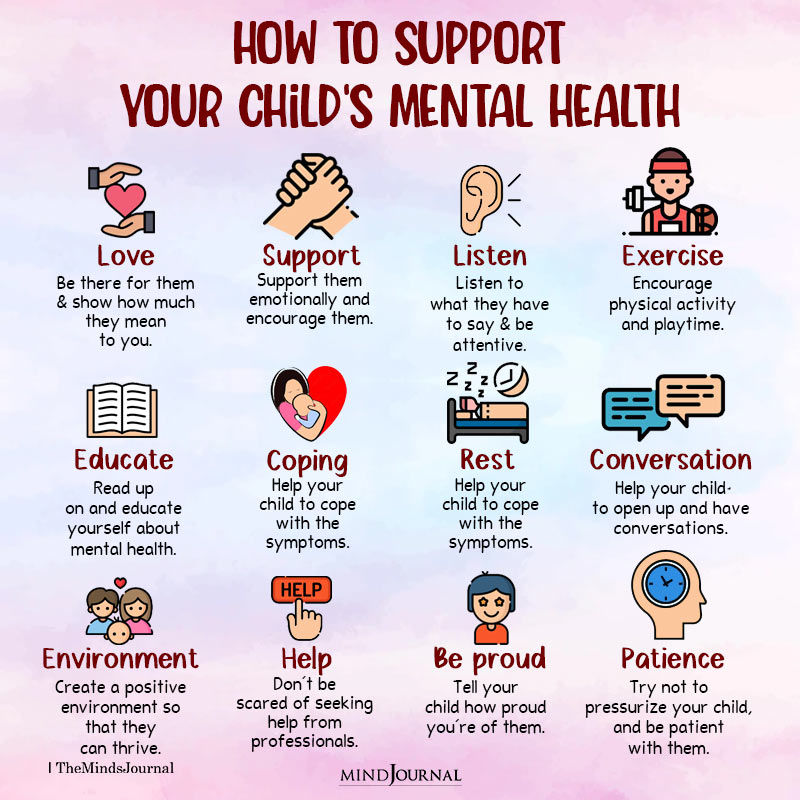
Here are some practical ways to support your child during this difficult time and reduce the impact of divorce on family:
1. Spend Quality Time
Try to spend quality time with your child. Show them that they are valued by giving them your undivided attention. Engaging in activities they enjoy can help reduce any adverse behavior that may arise because of, the divorce. Be there for them emotionally and physically as this reduces the psychological effects of divorce on children.
2. Avoid Putting Children in the Middle
During a divorce, it’s essential to prioritize your child’s needs above any conflicts or competition with your ex-partner. Avoid putting your child in the middle of disputes or using them as messengers between you and your ex-spouse. This can negatively impact your child’s emotional well-being.
3. Be Open and Honest
Try to be as honest with your children as age-appropriate. Avoid making up stories to explain the situation. Children appreciate honesty, and it can help them understand what’s happening and why. As they grow older, they will value your transparency.
4. Remind Them That They Are Loved
Reassure your child repeatedly that they are loved, cherished, and important to you. During challenging times, this reminder can provide comfort and make them feel safe and secure. This helps in combating the long term psychological effects of divorce on children.
5. Avoid Placing Blame
Emotions can run high during and after a divorce, but it’s essential to avoid blaming the other parent in front of your child. Stay neutral and refrain from expressing negative opinions about your ex-spouse. Keeping a balanced perspective can help your child navigate the situation more smoothly and helps them in dealing with parents divorce in adulthood.
6. Maintain Routines
Keeping up with established routines can provide a sense of stability and normalcy for your child. Consistency in daily activities, such as mealtimes, bedtime, and school routines, can help them feel secure during this effort of dealing with parents divorce in adulthood.
7. Listen Actively
Listen attentively to what your child has to say, especially when they want to express their feelings. Avoid interrupting or talking over them. Create a safe and non-judgmental space for them to share their thoughts and emotions. Your willingness to listen can help them cope better with the situation.
Read More: How To Help Highly Sensitive Children Manage Intense Emotions
8. Encourage Them to Share Feelings
Let your child know that it’s okay to express their feelings, whether they’re sad, angry, or confused. Encourage them to talk about their emotions, and let them know that you’re there to support and listen. Setting a positive example by opening up about your own feelings can make them feel more secure in sharing theirs. This is the most important step in knowing how to help a child dealing with parents divorce.
Seeking Help For Your Child
Divorce is not just a short-term disruption; it has immediate and long-term psychological effects on children. The initial year or two post-divorce can be mentally distressing and challenging for young children.
However, many children exhibit remarkable resilience, while others may struggle more profoundly, potentially experiencing lifelong consequences.
Understanding how divorce impacts children across different age groups is crucial. From preschoolers who may find the changes bewildering to teenagers navigating complex emotions, each age group presents its unique challenges.
Your willingness to learn and adapt as parents is a testament to your dedication, and it’s a journey that can ultimately lead to stronger, more resilient families. Supporting a child dealing with parents’ divorce requires spending quality time with them and avoiding putting them in the middle of conflicts.
As parents it is important to be open and honest, reminding them of your love, avoiding blame, maintaining routines, actively listening, and encouraging them to share their feelings.
Seek professional help if needed to ensure your child receives the necessary support. Professionals possess specialized expertise in child psychology and mental health and can help your kid in dealing with parents divorce in adulthood.
They have the training and knowledge to understand the unique emotional challenges children dealing with parents divorce in adulthood. Their insights can provide valuable guidance that parents may not have the resources to offer.
Moreover, professionals offer a neutral perspective. They create a safe space where your child can openly express their thoughts and feelings without fear of judgment or favoritism. This neutrality can be especially vital during a divorce, as parents may unintentionally bring their own emotional biases into the situation.
Frequently Asked Questions (FAQ)
Q1. How can a child’s life be affected by a divorce?
Ans. Divorce affects children in the short and long term, causing distress, anger, anxiety, and adjustment difficulties initially. Some adapt over time, while others face persistent emotional challenges.
Q2. How long can a child be emotionally impacted by divorce?
Ans. The emotional impact of divorce on a child depends on factors like age, personality, conflict, and support. Some adapt well, while others may face lasting emotional effects.
Q3. How does divorce impact children of different age groups?
Ans. Divorce impacts children of different ages uniquely. Young kids (3-8) may be confused and face home transitions. Older ones (8-12) may feel guilt, and teenagers might show anger or rebellion. Age-appropriate support is essential.
Q4. What are some immediate challenges children face in the first year after divorce?
Ans. Research shows that in the initial year or two following a divorce, children commonly face distress, anger, anxiety, and disbelief. Adapting to new routines and living situations can be necessary. While some children recover well, others may have lasting emotional struggles with potential long-term effects.
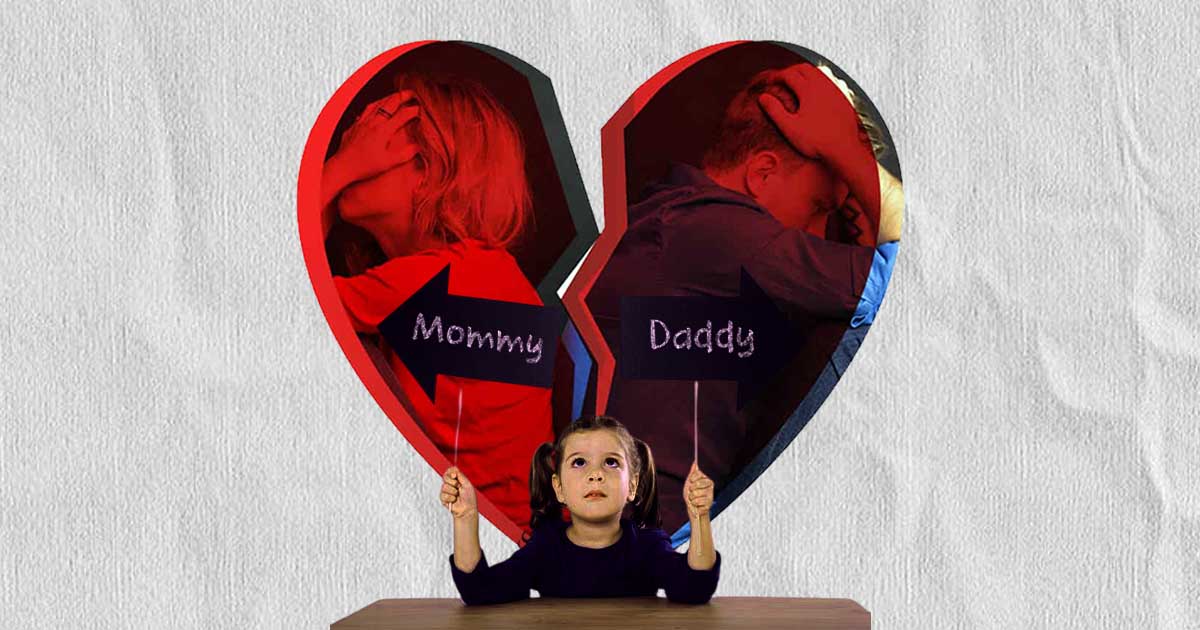











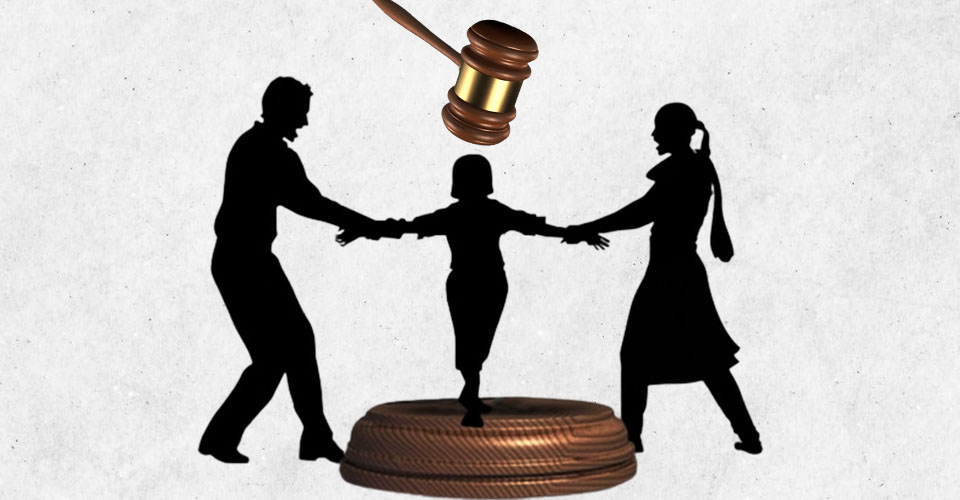
Leave a Reply